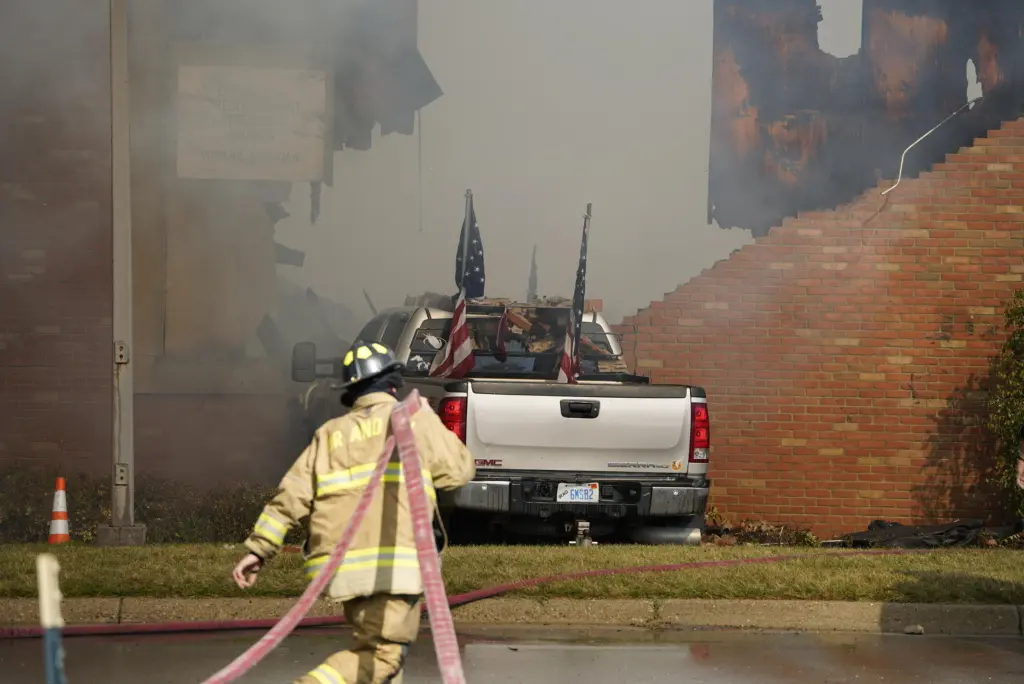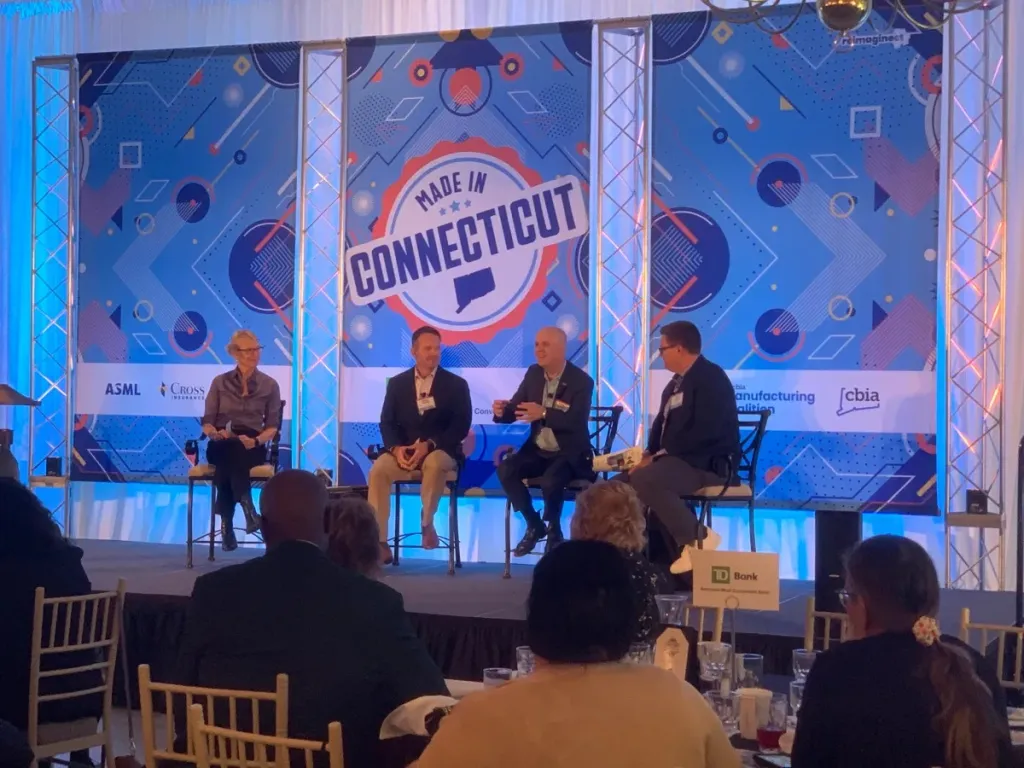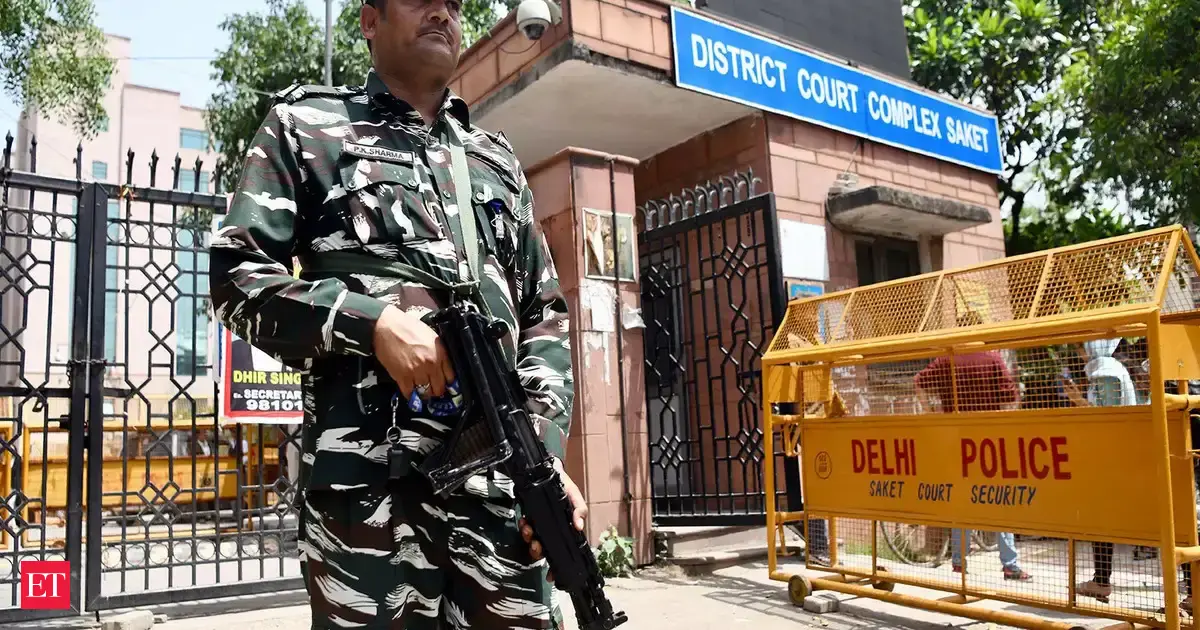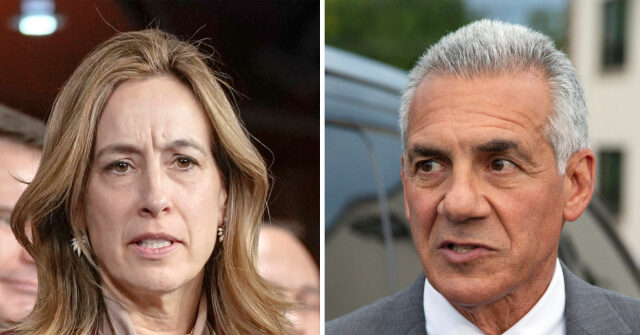
To place an obituary, please include the information from the obituary checklist below in an email to obits@pioneerpress.com. There is no option to place them through our website. Feel free to contact our obituary desk at 651-228-5263 with any questions.
General Information:
Your full name,
Address (City, State, Zip Code),
Phone number,
And an alternate phone number (if any)
Obituary Specification:
Name of Deceased,
Obituary Text,
A photo in a JPEG or PDF file is preferable, TIF and other files are accepted, we will contact you if there are any issues with the photo.
Ad Run dates
There is a discount for running more than one day, but this must be scheduled on the first run date to apply.
If a photo is used, it must be used for both days for the discount to apply, contact us for more information.
Policies:
Verification of Death:
In order to publish obituaries a name and phone number of funeral home/cremation society is required. We must contact the funeral home/cremation society handling the arrangements during their business hours to verify the death. If the body of the deceased has been donated to the University of Minnesota Anatomy Bequest Program, or a similar program, their phone number is required for verification.
Please allow enough time to contact them especially during their limited weekend hours.
A death certificate is also acceptable for this purpose but only one of these two options are necessary.
Guestbook and Outside Websites:
We are not allowed to reference other media sources with a guestbook or an obituary placed elsewhere when placing an obituary in print and online. We may place a website for a funeral home or a family email for contact instead; contact us with any questions regarding this matter.
Obituary Process:
Once your submission is completed, we will fax or email a proof for review prior to publication in the newspaper. This proof includes price and days the notice is scheduled to appear.
Please review the proof carefully. We must be notified of errors or changes before the notice appears in the Pioneer Press based on each day’s deadlines.
After publication, we will not be responsible for errors that may occur after final proofing.
Online:
Changes to an online obituary can be handled through the obituary desk. Call us with further questions.
Payment Procedure:
Pre-payment is required for all obituary notices prior to publication by the deadline specified below in our deadline schedule. Please call 651-228-5263 with your payment information after you have received the proof and approved its contents.
Credit Card: Payment accepted by phone only due to PCI (Payment Card Industry) regulations
EFT: Check by phone. Please provide your routing number and account number.
Cash: Accepted at our FRONT COUNTER Monday – Friday from 8:00AM – 3:30PM
Rates:
The minimum charge is $162 for the first 10 lines.
Every line after the first 10 is $12.20.
If the ad is under 10 lines it will be charged the minimum rate of $162.
On a second run date, the lines are $8.20 per line, starting w/ the first line.
For example: if first run date was 20 lines the cost would be $164.
Each photo published is $125 per day.
For example: 2 photos in the paper on 2 days would be 4 photo charges at $500.
Deadlines:
Please follow deadline times to ensure your obituary is published on the day requested.
Hours
Deadline (no exceptions)
Ad
Photos
MEMORIAM (NON-OBITUARY) REQUEST
Unlike an obituary, Memoriam submissions are remembrances of a loved one who has passed. The rates for a memoriam differ from obituaries.
Please call or email us for more memoriam information
Please call 651-228-5280 for more information.
HOURS: Monday – Friday 8:00AM – 5:00PM (CLOSED WEEKENDS and HOLIDAYS)
Please submit your memoriam ad to memoriams@pioneerpress.com or call 651-228-5280.
On Sept. 28, we watched yet another sequel to the American horror show.
An evil man rammed his truck into a Mormon church in Grand Blanc, Michigan, opened fire on the people inside and lit the church on fire. By the time the embers cooled and the bodies were counted, we learned that four people were killed and eight were injured — another terrible day in a series of terrible days in a nation that can feel as if it’s coming apart.
We also knew what would happen next. Before there was a chance to mourn the dead, partisans online worked to find out the identity of the gunman and his ideology. After all, the combatants in the culture war have a voracious need for political ammunition. It’s important to constantly prove that “they” are evil, and “they” want you dead.
There was even an insidious new twist in the post-shooting debate. A number of Christian fundamentalists online chose that day of grief — the same day that many Mormons learned that the president of the church, Russell Nelson, had died — to proclaim that the Mormon Church, officially known as the Church of Jesus Christ of Latter-day Saints, wasn’t truly Christian.
Welcome to America in the year 2025, where every evil act is an opportunity to score political points, and all too many Christians demonstrate profound cruelty in Jesus’ name.
But then …
But then, something remarkable happened — something entirely unexpected.
A member of the LDS Church, Dave Butler, started an online fundraising campaign … for the family of the shooter. He was killed at the scene and had left behind a wife and young child.
As Sonia Rao, my newsroom colleague reported, the money rolled in. It took only two hours to raise $7,000. By the 12-hour mark, the total reached $100,000. By Friday, more than $300,000 had been raised, much of it donated by Latter-day Saints.
The messages attached to the gifts were extraordinary. One donor wrote: “We are members of the Church of Jesus Christ of Latter-day Saints. We are Christians. As Christians and followers of Christ, we ‘mourn with those that mourn, comfort those that stand in need of comfort, and stand as witnesses of God.’ We’re praying for you and your family.”
Another person wrote: “We are heartbroken as we think of what you are going through. You are loved and precious, just as much as any other family. We hope that you will have everything you need, both now and in the years to come.”
It would be understandable for members of the church to look at the suspect’s wife with suspicion, to wait for more facts before they showered the suspect’s family with love and support. After all, it’s only human to ask questions. Did she know anything? Could she have stopped him?
But no. In true imitation of Christ, who — according to Christian theology — died for us while we were still sinners, Latter-day Saints did not wait to pour out their love. They just gave it, unconditionally, to a family they did not know.
Can we get through this?
We live in a time of national hopelessness and despair. Last week, The New York Times and Siena University released a poll showing that almost two-thirds of voters now believe that we’re too politically divided to solve the nation’s problems. The same poll showed that concerns about political polarization are now the second-highest concern of American voters, behind the economy but ahead of health care, crime, inequality and foreign policy.
If you combine those who were concerned about polarization with those who said their main concern was the state of American democracy, then worries about the state of our political union become the top concern of American voters.
I see this in real life. When I speak on college campuses or in churches, or when I simply talk politics with friends, I constantly hear different variations of the same questions: Can we get through this? What’s the plan? And perhaps the most poignant question of all — is there hope?
There are, in fact, plans — lots of plans — to restore our nation’s unity and purpose. Whether it’s restoring our country’s capacity to build big things, or amending the Constitution to rein in imperial presidents, or simply doing something about those infernal phones that cause so many children (and adults) to isolate themselves in anxiety and depression, many of our nation’s best and brightest minds are brimming with good ideas.
When I share my own ideas, I get the same response time and again: We can’t do it. People hate each other too much. We are too divided. We can’t compromise.
There is still light and high beauty
But hope isn’t a plan — it’s something else, something far more powerful.
When I speak to audiences that are in despair, I like to close with one of my favorite quotes in all of literature. It comes from J.R.R. Tolkien’s “Return of the King,” the final volume of his “Lord of the Rings” trilogy.
Sam and Frodo are alone in Mordor, the land of Sauron. Their quest to destroy the One Ring is failing. Surrounded by evil, isolated in deep darkness, all hope seems to be slipping away. But then Sam looks up in the sky.
“There, peeping among the cloud-wrack above a dark tor high up in the mountains,” Tolkien wrote, “Sam saw a white star twinkle for a while. The beauty of it smote his heart, as he looked up out of the forsaken land, and hope returned to him. For like a shaft, clear and cold, the thought pierced him that in the end the Shadow was only a small and passing thing: there was light and high beauty forever beyond its reach.”
There is profound truth in those words. It reflects the fundamental nature of hope. It’s rooted in eternal truth — as the Book of John says, “The light shines in the darkness, and the darkness has not overcome it” — but it’s also unexpected. It can arise in the most unlikely of circumstances in the most terrible of times.
America has witnessed two remarkable acts of forgiveness in the past month. Erika Kirk forgave the man who killed her husband. Latter-day Saints loved the family of the man who massacred their brothers and sisters. A nation that produces such acts of such love is a nation that still has life. It’s a nation that still has hope.
On Tuesday, Kelsey Piper, a staff writer at The Argument, responded to the Latter-day Saints church’s act of love with a beautiful and true statement. “If America is going to make it,” Piper wrote, “it will be because people choose forgiving things they should never have had to forgive over hurting people they have every right to be angry with.”
That is the essence of grace. Eight days ago, the shadow came for the men, women and children of a church in Michigan. But there is still light and high beauty, and last week the light that flooded America came from people of faith who were determined to demonstrate the character of the Savior they love.
David French writes a column for the New York Times.



